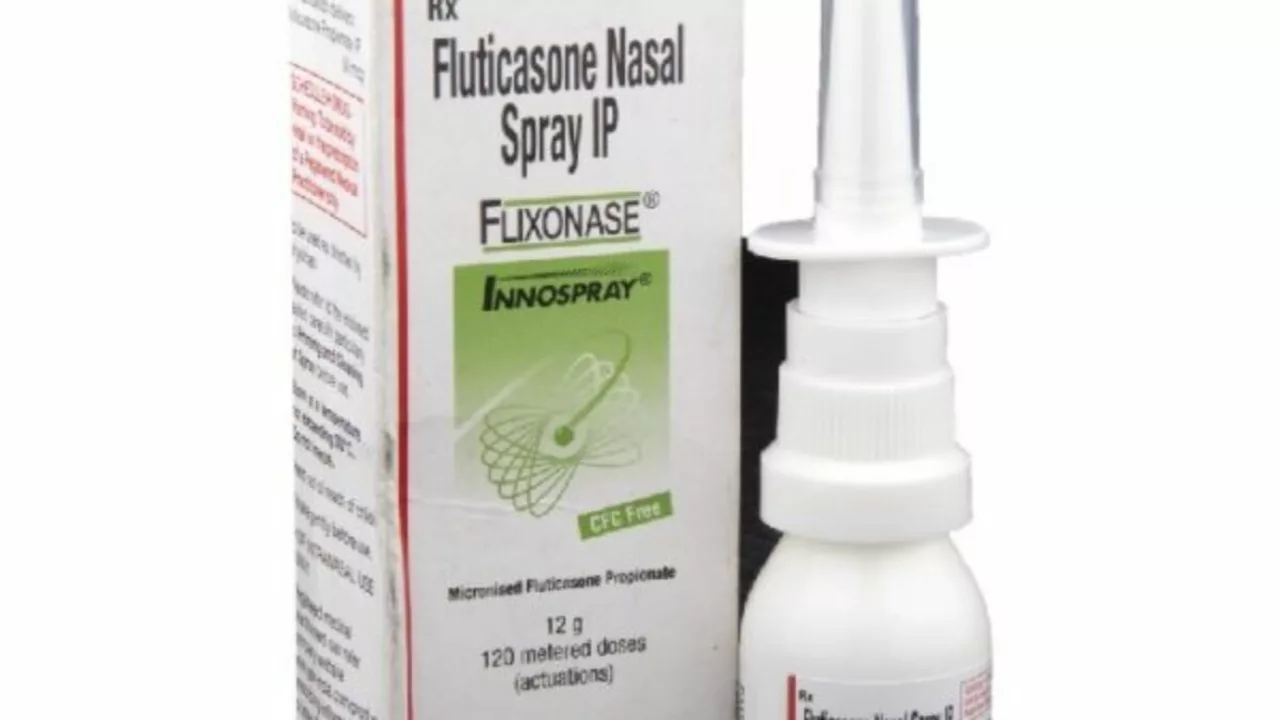Precautions for Medications and Supplements: Stay Safe Every Day
Taking medication or ordering it online comes with small risks you can avoid with a few simple steps. This page gives clear, practical precautions you can use right now — from spotting shady pharmacies to preventing dangerous drug interactions.
Before You Buy or Start a Medicine
Ask: do you really need it? If a drug was offered without a prescription or a rushed diagnosis, pause. For online purchases, check that the pharmacy requires a prescription for prescription-only drugs, shows a real address, and lists a pharmacist you can contact. Avoid sites that offer huge discounts on controlled drugs or pressure you to buy fast. Those are common red flags.
Read the label and directions before you take the first dose. Look up active ingredients — some supplements hide drugs or high-dose ingredients that can clash with prescriptions. If anything is unclear, call your pharmacist. A quick five-minute call often prevents a hospital visit later.
Common Safety Steps That Help a Lot
Keep a current medicine list. Include prescriptions, over-the-counter drugs, supplements, and herbal products. Share this list with every healthcare provider and your pharmacist. That simple step reduces the chance of dangerous interactions and duplicate therapy.
Watch for interactions that aren’t obvious. For example, grapefruit can raise blood levels of many statins and some blood-pressure drugs. Antibiotics like levofloxacin and certain heart medicines can interact with others in risky ways. If you switch pharmacies or change brands, verify the active ingredient and dose — different names can mean the same drug at a different strength.
Store meds properly. Most belong in a cool, dry place away from sunlight. Some need refrigeration. Keep medicines out of reach of kids and pets, and dispose of expired products safely through take-back programs when possible.
Know the common side effects and the warning signs that need medical help. Nausea or mild dizziness may be expected, but chest pain, severe rash, swelling of the face or throat, sudden breathlessness, fainting, or signs of a severe infection (high fever, rapid heart rate) need immediate attention. If you’re unsure, call your pharmacist or your doctor — they can advise you on severity and next steps.
Adjust doses carefully. Don’t cut pills or change timing without asking. Some drugs (like extended-release forms) can become dangerous if split. Older adults and people with kidney or liver issues often need lower doses, so check with a clinician.
Use trusted sources of information. Patient leaflets, government health sites, and your pharmacist are better than random forums. If an online pharmacy is reviewed on our site, look for details about safety, prescription policy, and customer service — that tells you a lot about how they operate.
Final quick rule: when in doubt, ask. A short call or message to your pharmacist can prevent costly mistakes. Small steps now save time, worry, and health problems later.


